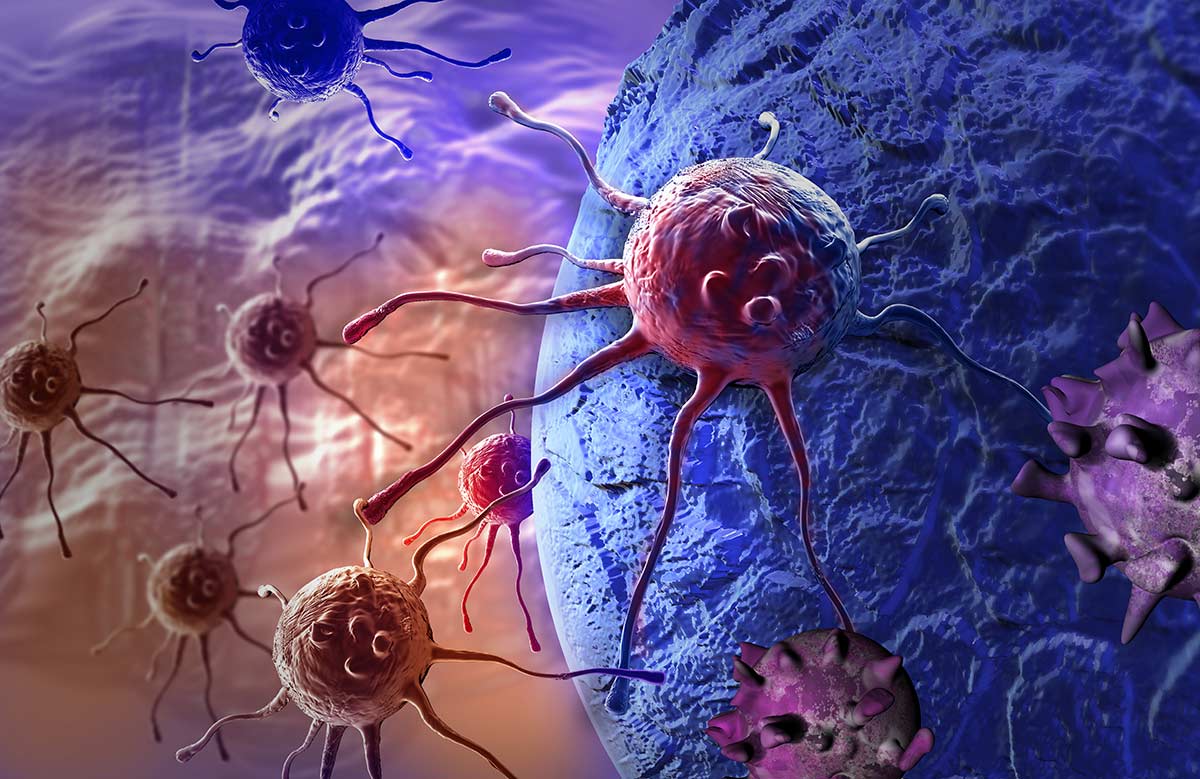Facts About Cancer: What Everyone Should Know
We live in a cancer-filled world. According to statistics, one in three men and one in three women will be diagnosed with cancer at some point in their lifetimes. Cancer can strike anyone (and everyone) at any time, regardless of age, gender, or race, which makes cancer such a terrifying disease.
Research indicates that cancer will strike close to 15,000 children under the age of 20 this year. This number reflects only cancer diagnoses – it does not account for cancer-related deaths, estimated at more than 3,800 children each year.
Facts About Cancer: Early Detection is Key to Survival
If cancer is detected early enough, it can be caught before it has spread to other parts of the body and often cured with the right treatment. Depending on the type of cancer, cancer detected at an early stage can have a five-year survival rate in the 90% range. When cancer is caught in a late stage, the survival rate can decrease drastically, and a cure, even with treatments, might be unlikely.
For these reasons, cancer screening and early detection are so important. You want to catch cancer before the cells spread to distant tissue and other parts of the body. One way to increase the likelihood of early detection is to do your own monthly screenings like self-examinations of the breast, testicles, and skin. This way, if you find an irregularity like something that feels like a tumor, you can see your doctors right away. What you find might be normal, but at least you can get treated quickly if you do have cancer.
Following your doctor’s recommended diagnostic/screening protocols for cancers like breast cancer, prostate cancer, colon cancer, and lung cancer can mean the difference between life and death. Regular mammograms and colonoscopy exams can be crucial to early detection.
Of course, if you have a greater risk of cancer or have symptoms affecting your health, you and your doctors should determine the appropriate timelines to proceed with your screenings.
Facts About Cancer: Risk Factors
Some things might make you more likely to develop cancer. They include:
- age
- gender
- race
- genetics
- unhealthy diet
- physical inactivity
- tobacco use – includes smoking cigarettes, cigars, or pipes and using smokeless tobacco products, e.g., snuff or chewing tobacco
- indoor and outdoor air pollution, including secondhand smoke
- excess body fat
- sun exposure
- exposure to cancer-causing agents, such as cancer-causing chemicals in the workplace or cancer-causing radiation
- unhealthy stress levels
Obviously, you can’t control some of the risk factors that might make you prone to cancer. But, there are ways to lower your risk of developing certain types of cancer.
Cancer Facts: Prevention of Cancer
Can you prevent cancer? There are cancer prevention tips you can follow that might help to prevent cancer:
- Exercise regularly – Try to get at least 30 minutes of moderate exercise at least five days a week.
- Eat cancer-fighting foods – To help prevent cancer, eat cancer-fighting foods like fruits, vegetables, fiber, and whole grains. Limit intake of red meat, sugar, and alcohol.
- Get regular cancer screenings – If you have a family history of cancer or cancer risk factors (such as a personal history of tobacco use, unhealthy diet, excess body fat, and exposure to cancer-causing chemicals), talk to your doctor about cancer screenings.
- Quit smoking – Smoking causes cancer and reduces the effectiveness of cancer treatments, so quitting is critical to cancer prevention.
- Avoid cancer-causing agents – In the workplace, at home, or in your community, find out what cancer-causing substances are in your environment and limit or eliminate exposure.
- Wear sunscreen every day
- Get cancer prevention genetic counseling – If you have a family history of cancer, talk to a genetic counselor. This prevention professional can help you understand the benefits and limitations of cancer screening tests, cancer treatment options, cancer prevention strategies, cancer insurance coverage, prevention drug treatment options, and more.
This list of facts is not comprehensive. It is simply to remind you that the more you know about cancer, the better it might be for you and your family. The more information you have, the more steps you can take to avoid many cancers.
For example, you can make an effort to maintain your general health to reduce your risk of developing the disease. You can avoid smoking and drinking. You can talk to your children about the importance of sunscreen to prevent cancer and how to conduct self-exams to detect abnormalities before cancer has a chance to spread. You can also encourage the people in your life to exercise and eat right.
Send Someone With Cancer a Cancer Gift Basket
Unfortunately, even with all of the facts about prevention and early detection, cancer is part of nearly everyone’s life. We all know a person with some type of cancer; breast cancer, lung cancer, skin cancer. We all know someone who has had chemo, surgery, or experienced radiation treatments and their side effects.
At Rock the Treatment, we make it easy to let someone with cancer know you care and support them on their difficult journey. If someone you love has cancer, send a helpful cancer gift basket from Rock The Treatment. Chemotherapy and radiation gift baskets are packed with the essentials needed to ease side effects of treatment, as well as enhance physical and mental well-being. See all of our cancer care packages and find the one that best supports their journey.

